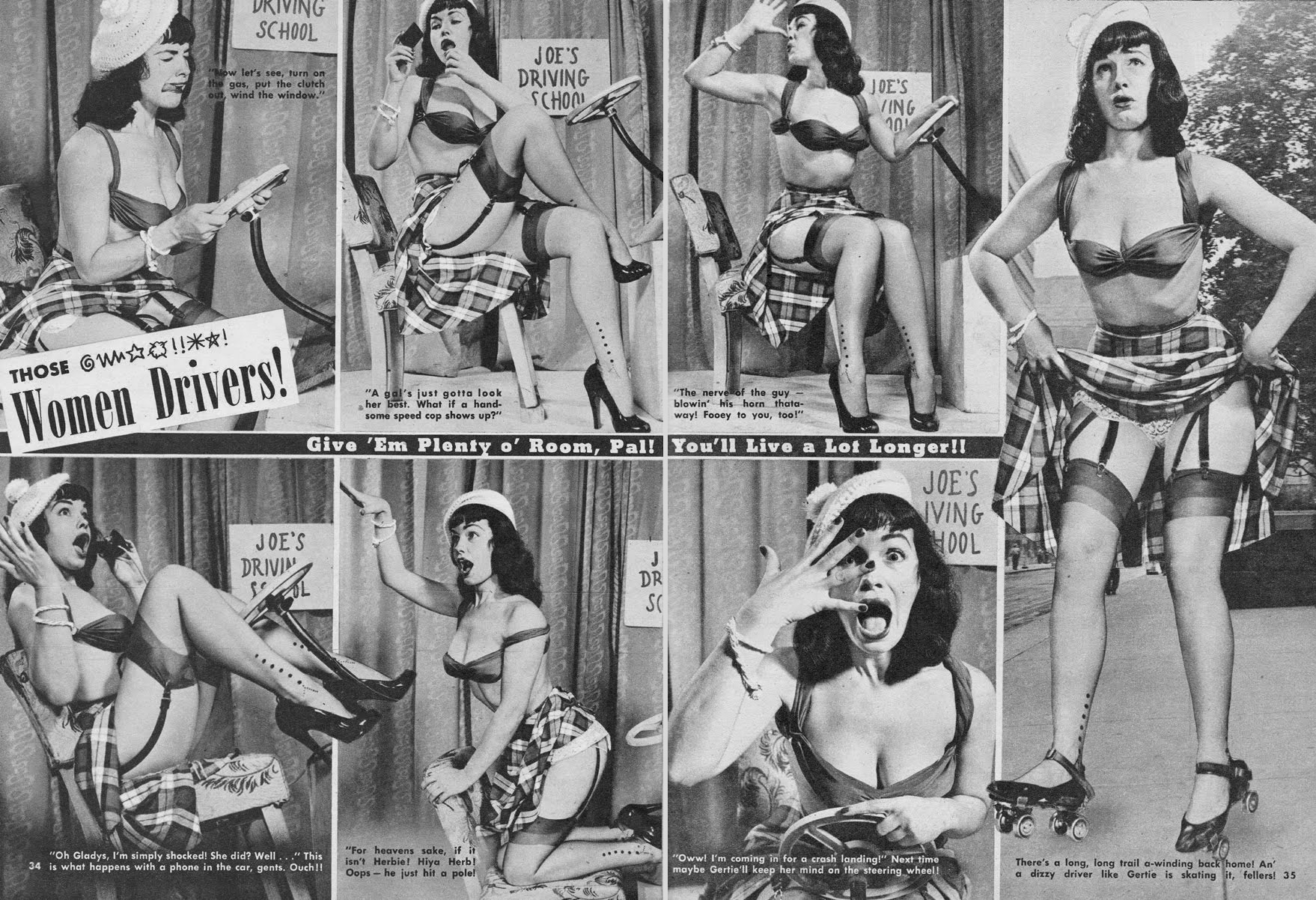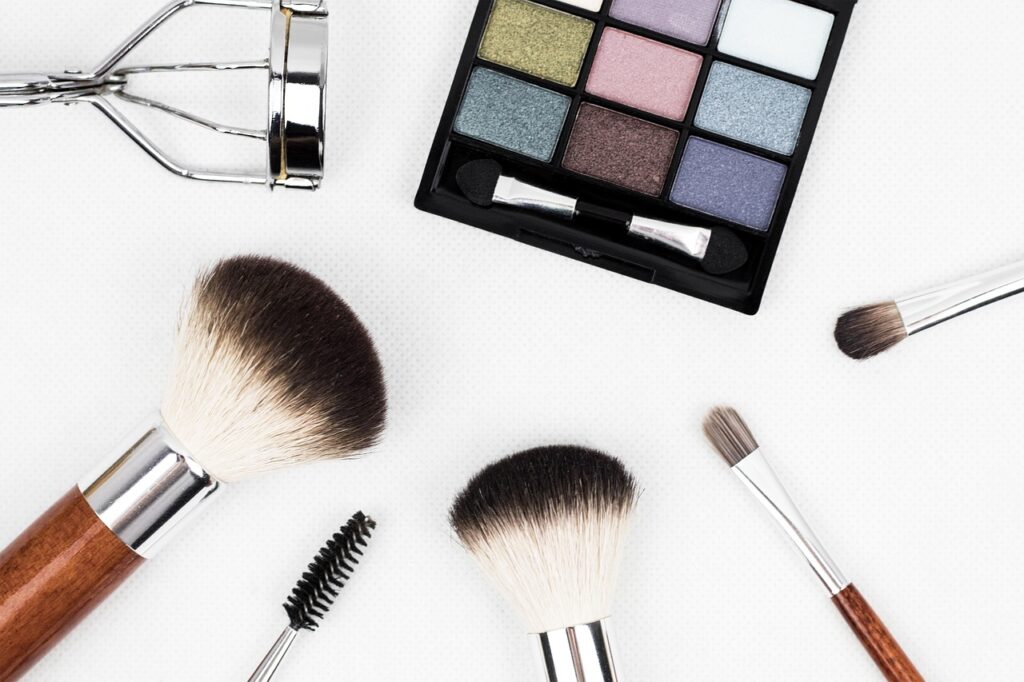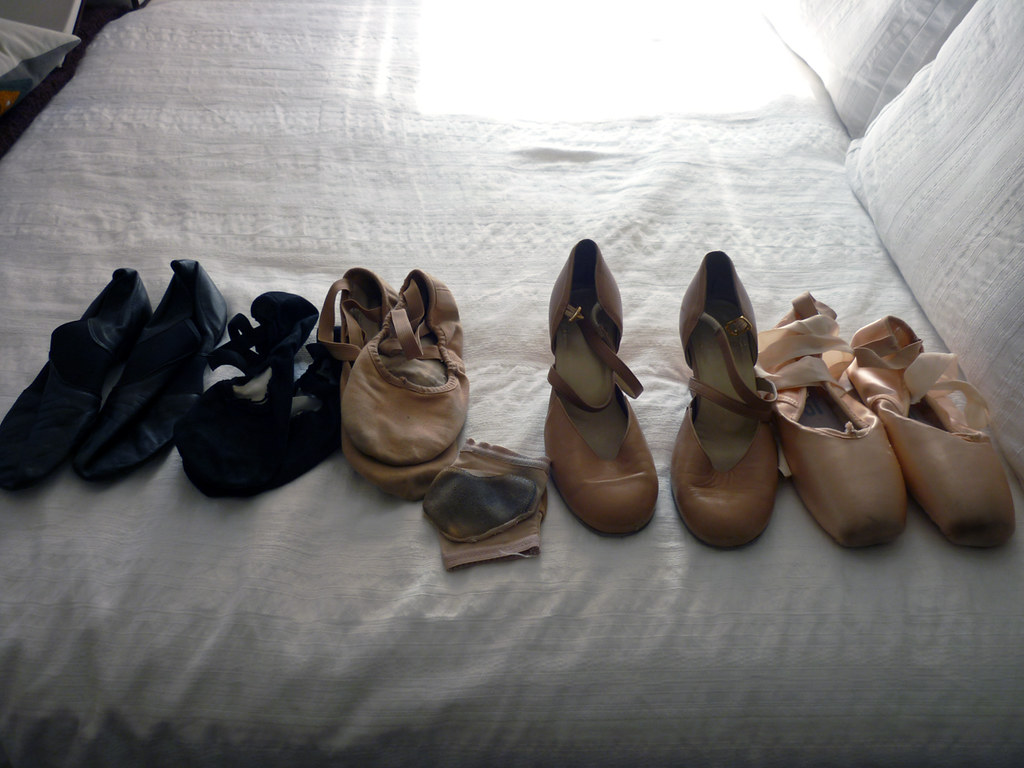The image of the fashion industry is glamorous. Models go everywhere, wear the most beautiful clothes, and work with the most famous designers. Behind the scenes, though, it’s not all light and love. Many models face sexual harassment and exploitation in the fashion industry.

The Prevalence of Sexual Harassment in the Fashion Industry
In so many industries, sexual harassment is regular. But this is especially true in fashion. There is pressure on young women to just go along with what these powerful men demand.
These men have the power to make or break a model’s career. Sociologist Ashley Mears from Rutgers University says there are high levels of sexual harassment in the fashion industry towards female models. They have little recourse to protect themselves.
Real Stories: The Ways Sexual Harassment Manifests in the Fashion Industry
Mears interviewed 50 female models in New York and London. She also spoke to 35 agents, designers, photographers, and casting directors. She found that sexual harassment in the fashion industry is normal. They are often asked to pose nude or semi-nude.
Models might be ordered to flirt with or have sex with clients or photographers. They also experience unwanted touching or comments. Others have been drugged or assaulted, or raped, by industry insiders.
The Role of Industry Structures in Facilitating Sexual Harassment
According to Mears, sexual harassment in the fashion industry is not borne just by individual misconduct. Furthermore, it owes to the industry’s structural conditions. Agents and clients provide jobs to models. They have little bargaining power and so little legal protection.
Models are also constantly evaluated based on their appearance, which makes them vulnerable to exploitation. The industry wants youth, novelty, and edginess. It gives the people you work with a sense of comfort to take risks and fail, blurring the line between work and play.
According to Mears, models deal with sexual harassment in the fashion industry by rationalizing it as just part of the job. They may avoid certain situations or people. The models also seek support from other models or friends.
However, these strategies are not always effective. Some of these models fall by the wayside and leave the industry completely. Some suffer from psychological distress.
How to Combat Sexual Harassment in the Fashion Industry
According to Mears, sexual harassment in the fashion industry can be reduced. This can be done by raising the labor market regulation and transparency. Even more so, models should have access to more information and resources.
They will want a reporting system and a code of conduct. Culturally, the norms and expectations of abuse should change.
The Future: Ending Sexual Harassment in the Fashion Industry
Mears hopes her study will encourage awareness of the plight of female fashion models. She hopes that it will inspire not only within the industry but beyond it as well. According to her, models are not just passive victims.
They can also challenge this status quo and demand respect and dignity. Consumers can play a role. Then they can push ethical fashion brands and their initiatives for diversity and inclusion.
This informs Mears that sexual harassment in the fashion business is not inevitable. It’s not acceptable anywhere. There is a power in fashion to change for the better. It can value its workers and embrace its social responsibility.
Related posts:
For female fashion models, job security and sexual harassment are often intertwined
For Female Fashion Models, Job Security and Sexual Harassment Are Often …
For Female Fashion Models, Job Security and Sexual Harassment Are Often …



